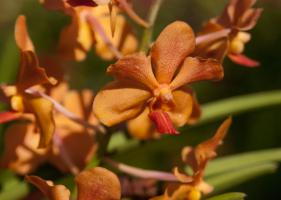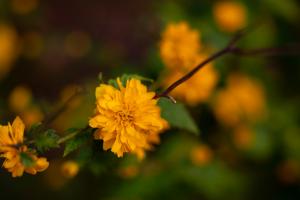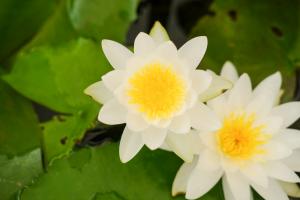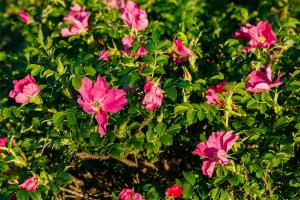Can You Plant Clover in the Fall?
Introduction
Clover is a type of legume that is commonly used as a cover crop to improve soil health. It is known for its ability to fix nitrogen in the soil, which makes it a popular option for farmers and gardeners. However, many people wonder if clover can be planted in the fall, or if it is better to wait until spring. In this article, we will explore the benefits and drawbacks of planting clover in the fall.
Benefits of Planting Clover in the Fall
One of the main benefits of planting clover in the fall is that it allows for better soil coverage. Clover grows quickly and can form a dense mat of foliage that helps to prevent erosion and improve soil health. Fall planting also allows the clover to establish a stronger root system before winter, which can help it survive the cold temperatures.
Another benefit of planting clover in the fall is that it can help to suppress weeds. As the clover grows, it can crowd out other plants and prevent them from taking root. This can reduce the amount of weeding that is required in the spring.
Drawbacks of Planting Clover in the Fall
One drawback of planting clover in the fall is that it may not establish well if the soil is too dry. If there is not enough rainfall or irrigation, the seedlings may struggle to germinate and grow. In some cases, the clover may die off before it has a chance to establish a strong root system.
Another drawback of planting clover in the fall is that it may not provide as much biomass as spring-planted clover. Because the growing season is shorter in the fall, the clover may not have as much time to grow and produce as much biomass. This can affect its ability to provide nitrogen and other nutrients to the soil.
Conclusion
In conclusion, planting clover in the fall can be a good option for farmers and gardeners who want to improve soil health, suppress weeds, and provide nitrogen to the soil. However, it is important to consider the potential drawbacks, such as poor establishment in dry conditions and less biomass production. Ultimately, the decision whether to plant clover in the fall or spring will depend on factors such as climate, soil conditions, and desired outcomes.

 how many times do yo...
how many times do yo... how many planted tre...
how many planted tre... how many pine trees ...
how many pine trees ... how many pecan trees...
how many pecan trees... how many plants comp...
how many plants comp... how many plants can ...
how many plants can ... how many plants and ...
how many plants and ... how many pepper plan...
how many pepper plan...































